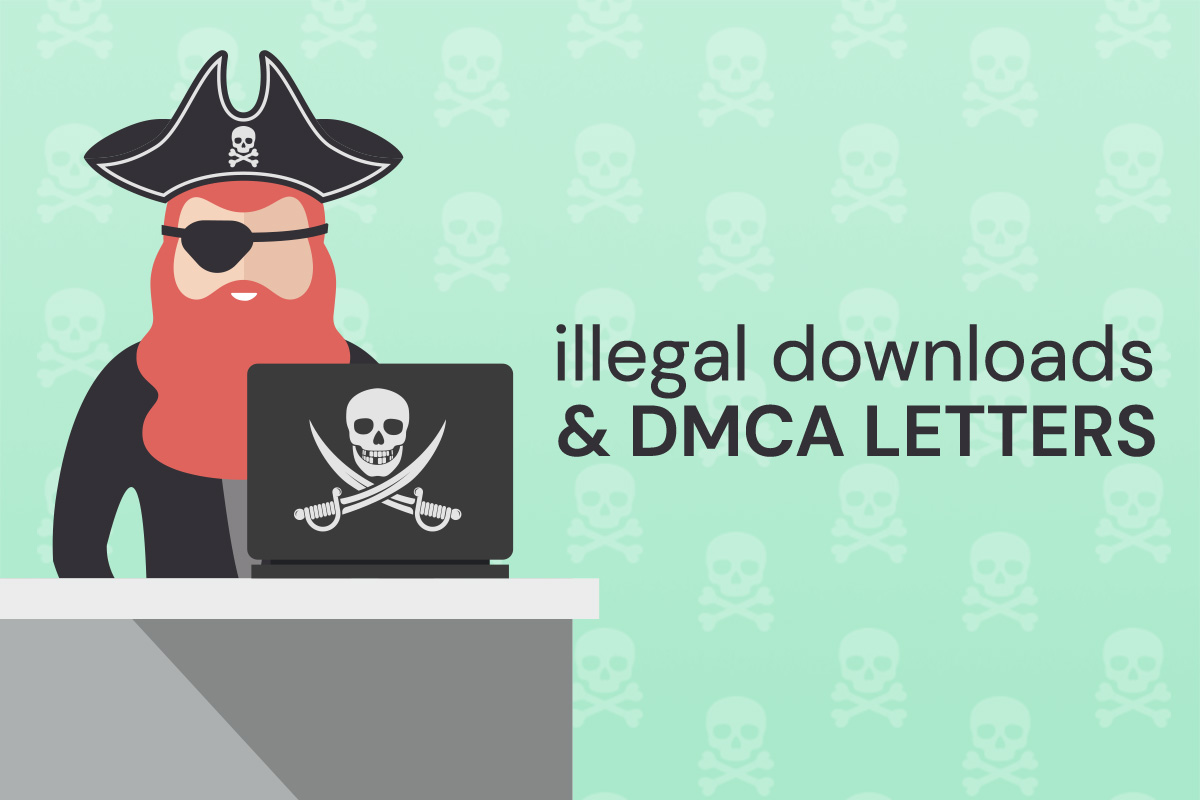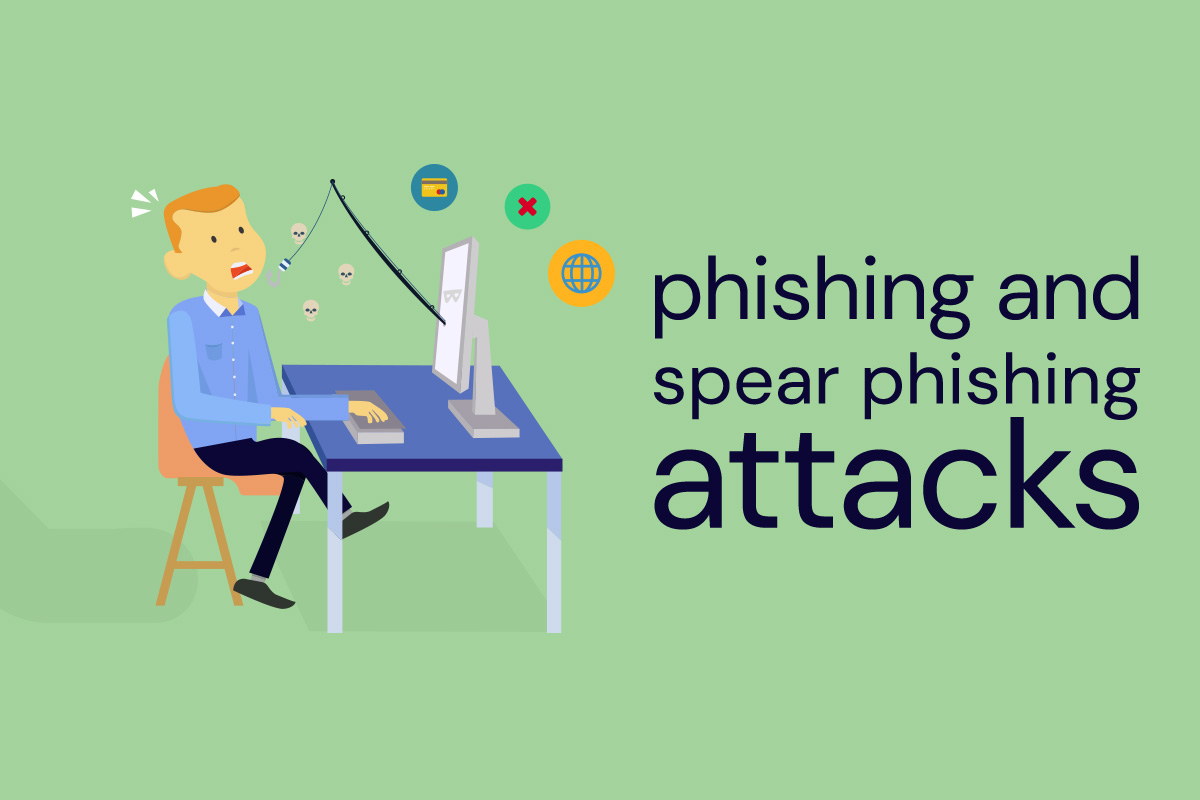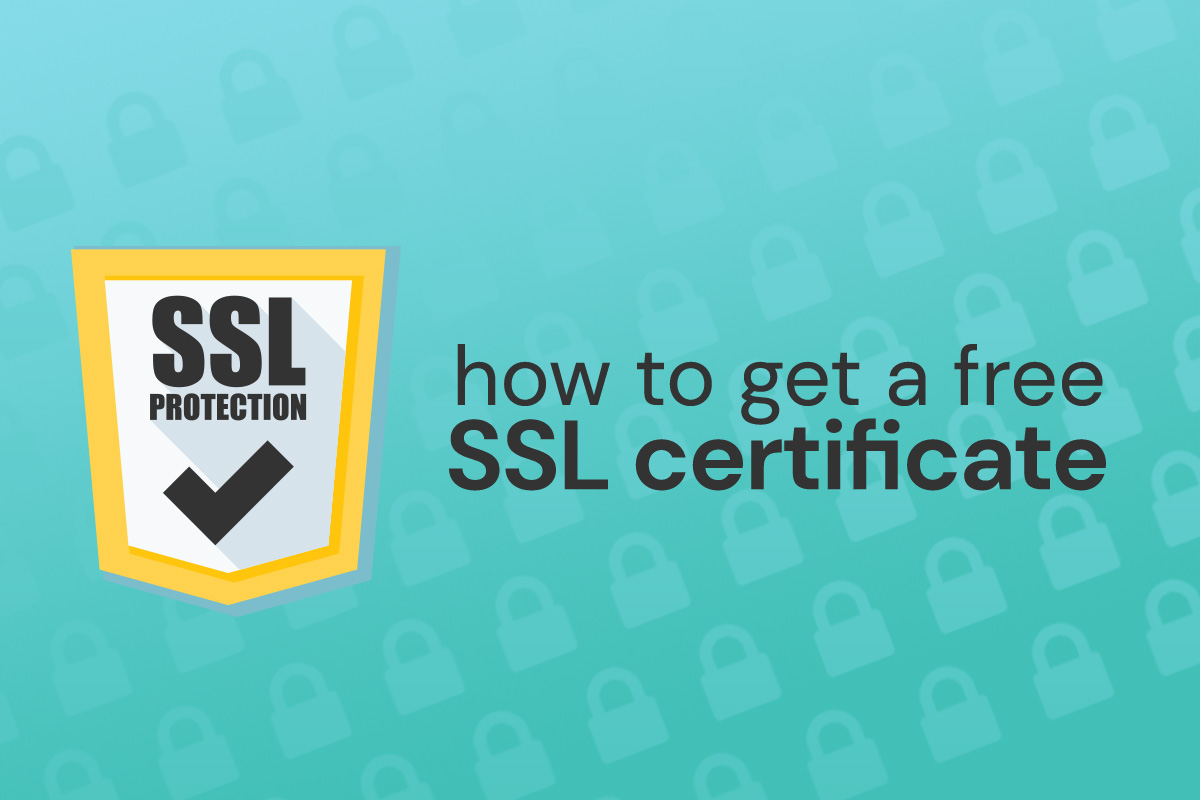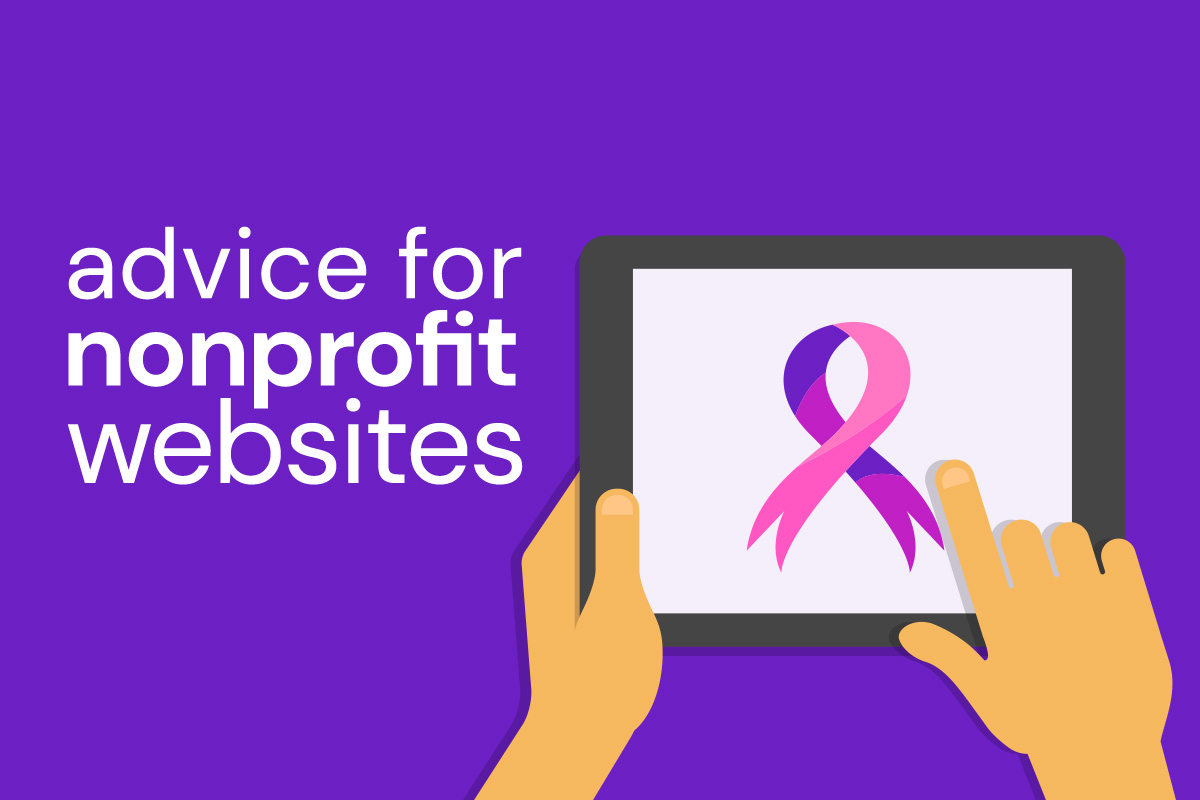Chances are, you know a pirate in real life. The number of people who illegally download movies and music from the internet is… not small. At some point, such people will eventually get a letter from their internet providers, stating something like the excerpt below.
CableCo has received a notification by a copyright owner, or its authorized agent, reporting an alleged infringement of one or more copyrighted works made on or over CableCo’s High-Speed Internet service (the ‘Service’). The copyright owner has identified the Internet Protocol (‘IP’) address associated with your Service account at the time as the source of the infringing works. The works identified by the copyright owner in its notification are: Breakin’ 2: Electric Boogaloo. CableCo reminds you that use of the Service (or any part of the Service) in any manner that constitutes an infringement of any copyrighted work is a violation of CableCo’s Acceptable Use Policy and may result in the suspension or termination of your Service account.
What’s happened here is that you or someone with access to your WiFi has illegally downloaded a movie, the copyright owner found out about it, and they’re pressing your internet service provider to make you stop, based on a law called the Digital Millennium Copyright Act, or DMCA for short. If you think about it, it’s in your ISP’s best interest not to enforce the DMCA… they don’t want to cut off your cable for a week or a month. But if they don’t, then they’re liable for damages to the copyright holder, and so here we are.
The first step is to call the phone number on the letter and apologize for the downloads to get your service restored, if it’s been suspended. They will tell you to stop illegally downloading stuff and advise you to change your WiFi password and secure your router.
Then, of course, you need to stop with the illegal downloads. Or stop your teen/roommate/lodger/AirBnB guests from illegally downloading. But what if your WiFi is secure and you haven’t found anyone in your household who’s pirating movies? It has happened.
But don’t think it’s because the copyright holders have made a mistake. Movie studios and recording labels hire digital forensics companies, whose whole raison d’être is finding copyright infringers. They use bots to scour the web for copyrighted material and automatically generate thousands of notices to be sent to ISPs. And these digital forensics specialists claim they don’t make mistakes. They’ll tell you to go back and look at who has access to your router.
There’s one other possibility you might look into. Comcast, for example, offers a service called Xfinity WiFi. When you create an account at Comcast, you can use your username and password to log into WiFi while out in the world. What’s happening is that Comcast is letting you log into another Comcast user’s cable modem and use their WiFi network. They don’t even have to give you permission. Yes, really! If you’re not using Comcast, check with your ISP to see if they have a similar program.
Still, someone would have to use your Comcast Xfinity username and password in order for an illegal download to be associated with your account. And maybe they did! Or maybe there’s a sub-account associated with your Comcast account that you might have set up and forgotten about. Someone could be circumnavigating the globe, pirating movies with your Comcast sub-account.
To sum up, if you receive a DMCA notice from your ISP, it’s almost certainly legitimate. And you’ll probably find that it’s not worth the trouble to pirate Bring it on: All or Nothing.






